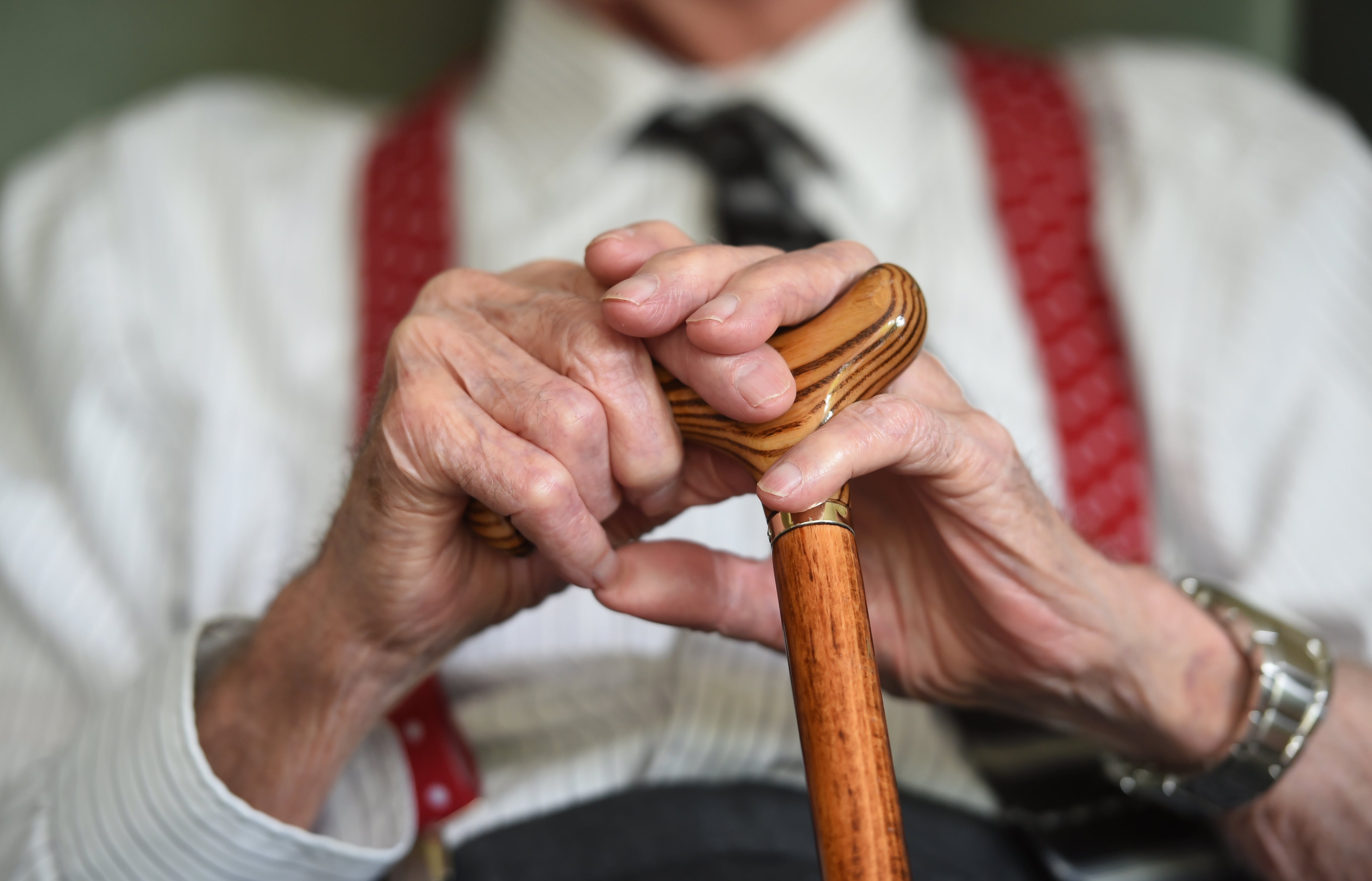Older men suffer raised blood pressure after being scammed – study
Those who fall victim to fraudulent schemes are more likely to have higher blood pressure afterwards.

Your support helps us to tell the story
From reproductive rights to climate change to Big Tech, The Independent is on the ground when the story is developing. Whether it's investigating the financials of Elon Musk's pro-Trump PAC or producing our latest documentary, 'The A Word', which shines a light on the American women fighting for reproductive rights, we know how important it is to parse out the facts from the messaging.
At such a critical moment in US history, we need reporters on the ground. Your donation allows us to keep sending journalists to speak to both sides of the story.
The Independent is trusted by Americans across the entire political spectrum. And unlike many other quality news outlets, we choose not to lock Americans out of our reporting and analysis with paywalls. We believe quality journalism should be available to everyone, paid for by those who can afford it.
Your support makes all the difference.Men who fall victim to fraudulent schemes are more likely to suffer high blood pressure afterwards, a new study suggests.
Those who are affected by scams, financial exploitation and fraud appear to have higher blood pressure in the aftermath.
But this only appeared to occur among men and not women.
Researchers said there are “important public health consequences” to fraud.
These findings show that fraud victimisation has important public health consequences and underscore the need for efforts to prevent exploitation
The study, published in the Journal of the American Geriatrics Society, saw researchers examine data on 1,200 older adults taking part in a clinical study of ageing.
Participants, who had an average age of 81, were followed up for an average of 11 years.
During the follow-up appointments, participants were asked about fraud victimisation and had their blood pressure measurements taken.
Men showed elevations in blood pressure after fraud but women did not.
Researchers said that if these elevations are “compounded over time” this could lead to poor health.
“These findings show that fraud victimisation has important public health consequences and underscore the need for efforts to prevent exploitation,” said lead author Dr Melissa Lamar, from the Rush University Medical Centre in Chicago.
The authors wrote: “Results suggest an important link between fraud victimisation and blood pressure, particularly among men.
“Older men showed significant elevations in blood pressure after incident fraud that, compounded over time, may portend other adverse health outcomes.”
If left untreated, high blood pressure can increase a person’s risk of serious problems such as heart attacks and strokes.
It is estimated that around a third of adults in the UK have high blood pressure though many do not realise it.
The only way of knowing whether or not you have high blood pressure is to take a blood pressure test, which can be done at doctors’ surgeries, pharmacies, in some workplaces or with an at-home monitor.